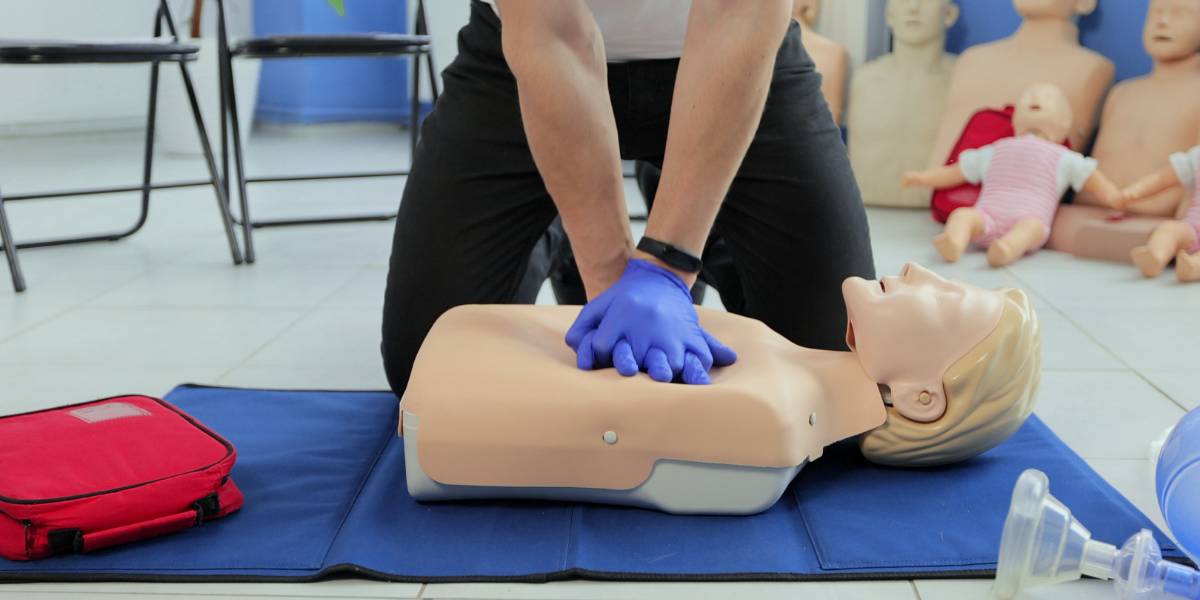Neuropathy (or diffuse neuropathy) is a nerve disorder which may be categorised as sensory neuropathy, motor neuropathy or autonomic neuropathy.
Neuropathy can be caused by both type 1 and type 2 diabetes
Types of neuropathy
Diabetic neuropathy may be categorised as follows:
- Sensory neuropathy occurs when nerves which detect touch and temperature are damaged. This form of neuropathy commonly affects the feet and hands.
- Motor neuropathy results from damage to the nerves affecting muscle movement.
- Autonomic neuropathy follows if the nerves which control involuntary actions, such as digestion or heart rate are affected.
Over time, people with diabetes who do not control their condition, may develop damage to the nerves around the body.
The term peripheral neuropathy may also be used and the term simply refers to nerve damage affecting any nerve outside of the brain or spinal cord.
How common is diabetic neuropathy?
Incidences are more common in patients with poor control, overweight, have higher levels of blood fat and blood pressure, and are over the age of 40.
The longer a person has diabetes, the greater the risk of developing neuropathies.
- Neuropathy may affect up to 50% of people with diabetes. [1]
Symptoms of neuropathy will often first manifest as numbness or pain in the hands, feet, arms or legs (distal symmetric neuropathy).
However, they may also affect the organs, including the heart and sex organs.
What exactly causes neuropathy amongst people with diabetes?
The exact effect of glucose on the nervous system is still not known.
However, prolonged exposure to higher than normal glucose levels certainly damages the nerves, causing neuropathy.
High levels of triglycerides, a key blood fat which is measured during a cholesterol check, are also associated with the development of nerve damage.
A combination of other causal factors includes:
- High blood pressure
- Smoking
- Alcohol use
- Having chronic liver or kidney disease
- Vitamin B deficiency
Certain medications, including some anti-cancer drugs, are also associated with bringing on neuropathy.
What are the symptoms of diabetic neuropathy?
The symptoms of diabetic neuropathy are wide-ranging and depend entirely on the form of neuropathy present, and which nerves are being affected.
Common symptoms of neuropathy include:
- Numbness
- Tingling
- Pain
These may be minor at first, and therefore may remain unnoticed as the condition develops gradually. However, in some types of diabetic neuropathy, the onset of the pain will be sudden and severe.
Further symptoms may include:
- Wasting of muscles in feet or hands
- Indigestion, nausea and vomiting
- Diarrhoea
- Constipation
- Urinary problems
- Impotence
- Vaginal dryness
- Dizziness
- Weakness of the limbs
How is neuropathy diagnosed?
Diagnosis will occur on the basis of your individual symptoms and a physical exam. The doctor may test your blood pressure, heart rate, strength, reflexes and sensitivity. Foot examinations are recommended for all diabetics.
Other tests may be applied, such as:
- Nerve conduction studies
- MG (electromyography) and
- QST (quantitative sensory testing)
Doctors should screen for neuropathy amongst diabetic patients at least once per annum.
At an annual check the test for neuropathy will involve the doctor stimulating the foot with a small plastic implement or tuning fork to see if you correctly detect the sensation. Tests to confirm or monitor existing neuropathy may include ultrasound, nerve studies and biopsies, or referral to a specialist neuropathy consultant who may conduct further tests.
Diabetic neuropathy is the result of damage to the nerves. Nerves help us to feel sensations and also play an important part in the function of our organs.
Diabetic neuropathy is a long term complication of diabetes and tends to develop over a period of years or decades. With good blood glucose control neuropathy can be significantly delayed or avoided.
The first instances of nerve damage are likely to be noticed as reduced feeling in the body’s extremities, such as the hands and feet.
Later symptoms may include numbness, tingling, pain or a burning feeling in the feet or hands. If nerve damage affects the organs, symptoms could include:
- Delayed stomach emptying and digestion problems
- Faintness or dizziness
- Sexual difficulties
The symptoms of early neuropathy can be spotted by having your feet checked at least once each year. A doctor or specialist will perform some simple tests on your feet to check the sensitivity of your feeling and your blood circulation
The primary way to treat nerve damage is to spend extra emphasis on maintaining good control of blood sugar levels. If neuropathy is causing pain or discomfort, painkillers may be prescribed to reduce these symptoms.
How is neuropathy treated?
Diffuse neuropathy is treated by bringing blood glucose levels under control and keeping them well regulated. This can help to prevent problems from this diabetic complication.
Diet, exercise or medication may be adjusted to reach these goals. Exercise can be particularly effective, helping the patient to improve circulation, strengthen muscle and lose weight.
Smoking should be stopped and the amount of alcohol consumed should be reduced. Taking regular care of your feet and skin is essential.
Nerve damage
Nerve damage in the digestive system can lead to constipatio, and sometimes diabetic gastroparesis The oesophagus may become affected, making the swallowing of food difficult. The urinary tract may also be affected, and at the worst stages this can cause urinary incontinence.
Also, neuropathy can decrease sexual response in both men and women. The sweat glands may also be affected, and the body may not be able to control temperature properly. Furthermore, the eyes can suffer problems leaving them less sensitive to changes in light.
Proximal neuropathy
Proximal neuropathy affects the hips, buttocks and thighs, and results in weakness of the legs. This type of neuropathy occurs more regularly in type 2 diabetics and in older people. It can weaken the legs, sometimes to the extent of limiting mobility.
Focal neuropathy
Focal neuropathy is manifested in the rapid weakness of a nerve, or group of nerves, leaving the muscles weak and/or in pain.
Focal neuropathy can affect any nerve in the body, but usually occurs in the torso, leg or head. It can cause a variety of complications, including inability to focus, double vision, aching behind the eye, paralysis, lower back pain, pain in various places throughout the body. It is both unpredictable and painful, and usually affects the elderly.
How do I prevent diabetic neuropathy?
Maintaining consistently normal blood glucose levels is the best way to prevent diabetic neuropathy. Keeping levels stable protects the nerves.
Why is foot care so important?
Peripheral neuropathy makes the foot incredibly vulnerable – hence foot care and general skin care is very important.
Because one of the signs of neuropathy is a loss of feeling, feet should be checked daily for cuts, sores, blisters, bruises and cracked or dry skin. If you notice anything unusual, get to your doctor as soon as possible.







